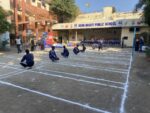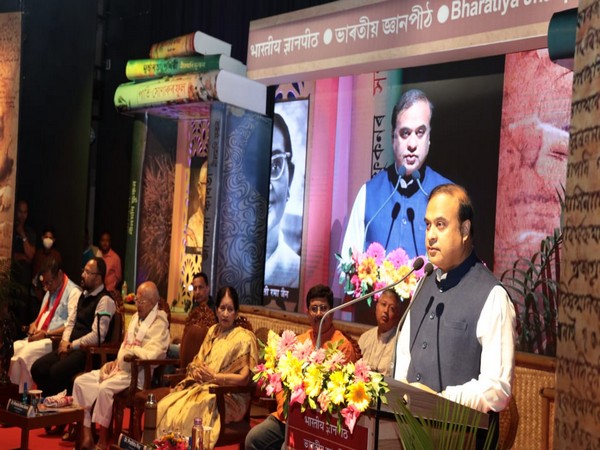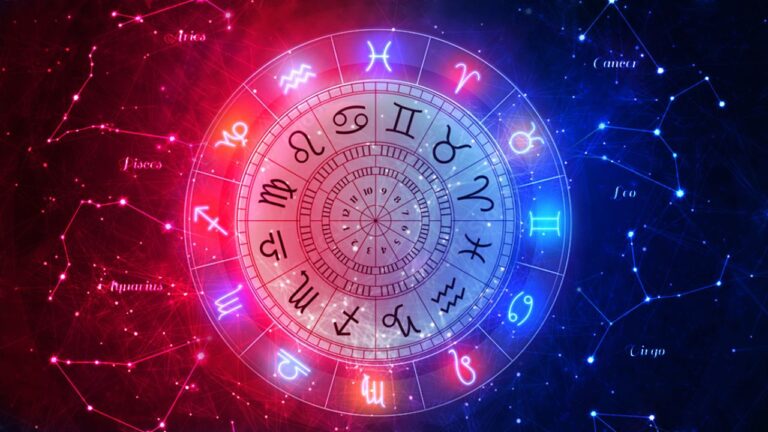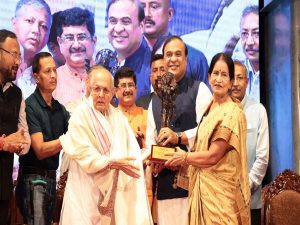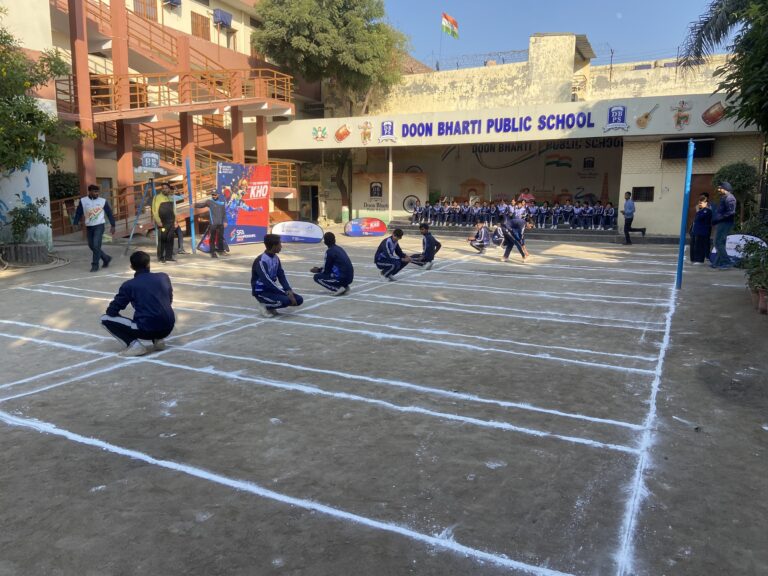Assam Chief Minister Himanta Biswa Sarma on Monday said that India has a long and cherished democratic tradition and added that the principle of democracy has originated from the Vedas.
The Chief Minister made this observation while speaking at the inaugural programme of the 8th Commonwealth Parliamentary Association (CPA), India Region Conference held at Assam Legislative Assembly.
“India has a long and cherished democratic tradition. The principle of democracy has originated from the Vedas and after the Vedic Period, the description of small Republics is found in which people participated together in the decision-making process related to the administration,” Sarma said.
Speaker of Lok Sabha, Om Birla, today inaugurated the CPA, India Region Conference, which was participated by Speakers and Deputy Speakers along with Chairpersons and Deputy Chairpersons from across the State Legislatures and Councils of CPA and members of the CPA Executive Committee, Members of Parliament and Members of Assam Legislative Assembly.
Sarma said that to make democracy a guiding force in the polity, the ancient Indians coined the terms Sabha and Samiti, which represented two democratic institutions of the bygone era.
“Both these institutions found mentioned in Rig Veda and Atharva Veda. In these institutions, decisions were made after the discussion with the king, ministers, and scholars at that time. This shows how politics at that time revolved around democratic principles. People used to settle decisions together at the Sabha and Samiti with good intent. To arrive at a decision, people of different ideologies were divided into various groups and decisions were taken after mutual consultation”, the Chief Minister said.
He further said that in the ancient history of India, the description of small Republics is found where people participated together in the decision-making process related to the administration. “In the Atreya Brahmins, Ashtadhyayi of Panini, inscriptions of Mahabharata, Ashoka pillars, the historical writings of contemporary historians, Buddhist and Jain Texts and in the Manusmriti, various historical evidence is found to that effect,” he stated.
“In Mahabharata, we find mention of a gathering of common people which they called Jan Sadan in the Shanti Parv. This Sadan was also known as Parliament, which documented the discussion between Bhishma and Yuddhisthira on various aspects of governance including the benefits of Janpada, which were small kingdoms and which were nothing but republican form of government”, the Chief Minister said.
Moreover, Dr Sarma said that democratic tradition was evident in Assam in the days of Ahom rule also. “Though the king, who was called Swargadeo, was the head of the State, all decisions were taken by him only in consultation with the ministers, which initially consisted of Buragohain, Borgohain and Borpatra Gohain”, he said adding that democratic spirit flourishing in the social and religious landscape of Assam with the emergence of Mahapurush Srimanta Sankardeva, who through Ek Saran Naam Dharma sowed the seeds of an equal and just society,” he said.
He further underlined the rich heritage and democratic practices of the Assam Legislative Assembly and said that over the years the state Assembly “unceasingly raised the voice of the voiceless, stood with the weakest among the weak, debated all important issues with zeal and zest and steered the State through thick and thin.
Sarma also highlighted the long history of the Assembly and many of its landmark initiatives as well as many political stalwarts who once were members of the House and enriched the proceedings of the Assembly.
The Chief Minister also said that considering the present-day needs and to cope with the changing times, the Assam government took the initiative to construct a State of the Art Assembly Building with all modern facilities and the new building is expected to be complete by December 31, 2022.
Stating that in modern democracies, people expect a lot from the elected representatives which bestows responsibilities on them in addressing fundamental issues affecting people’s lives, Sarma observed that through active participation in the debates in the Assembly, the elected representatives not just can bring into focus different aspects of the bills under discussion but at the same time be the champion of upholding the democratic rights by giving unprecedented momentum to people’s welfare and development.
The Chief Minister also viewed that in-depth deliberations at the CPA on a wide range of issues will help to prepare a roadmap for furthering the democratic tradition. “By working together and learning from each other, we all can constantly improve our democratic practices and systems. And, we all need to work towards that goal only to meet the aspirations of our citizens and celebrate the democratic spirit of our great country”, Sarma said. (ANI)





